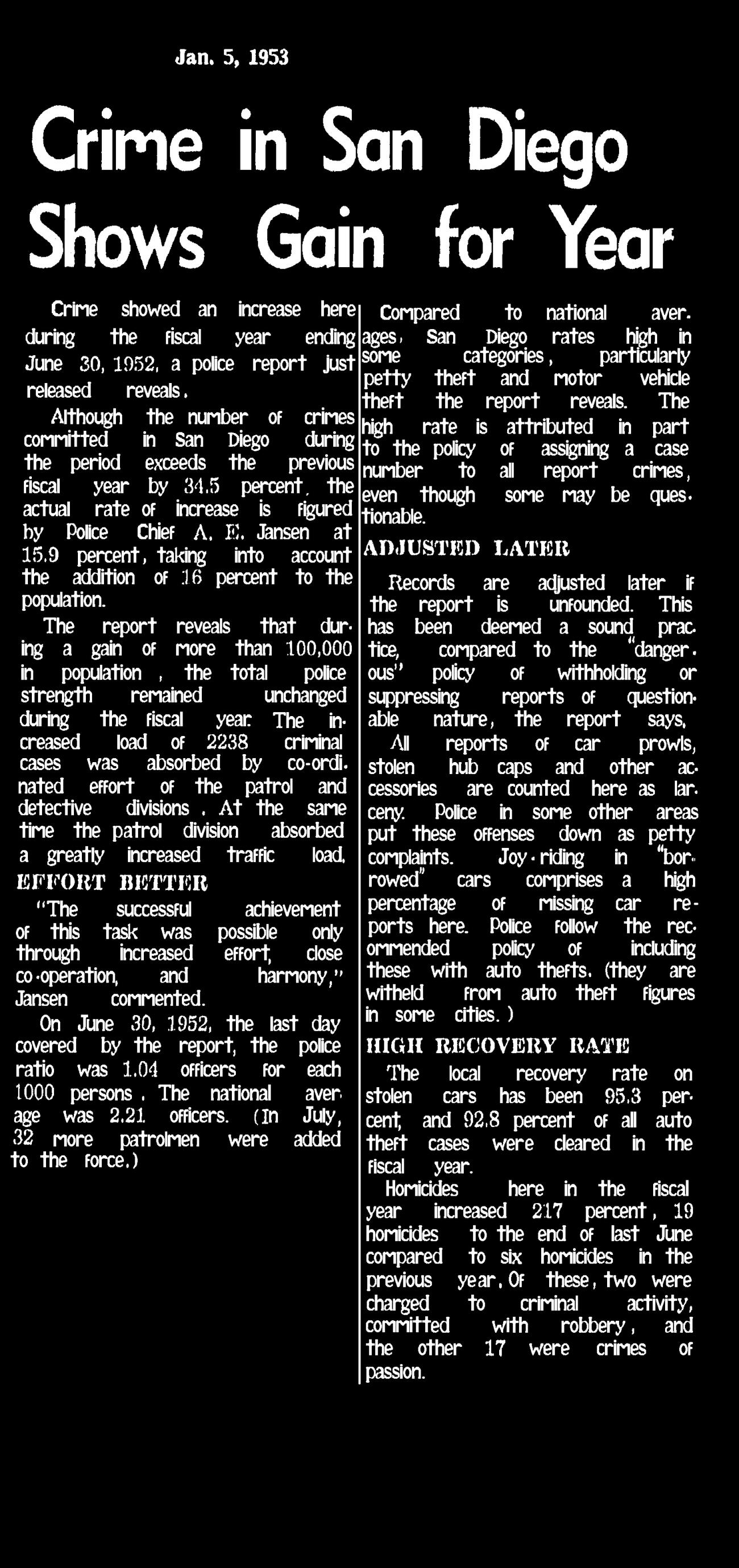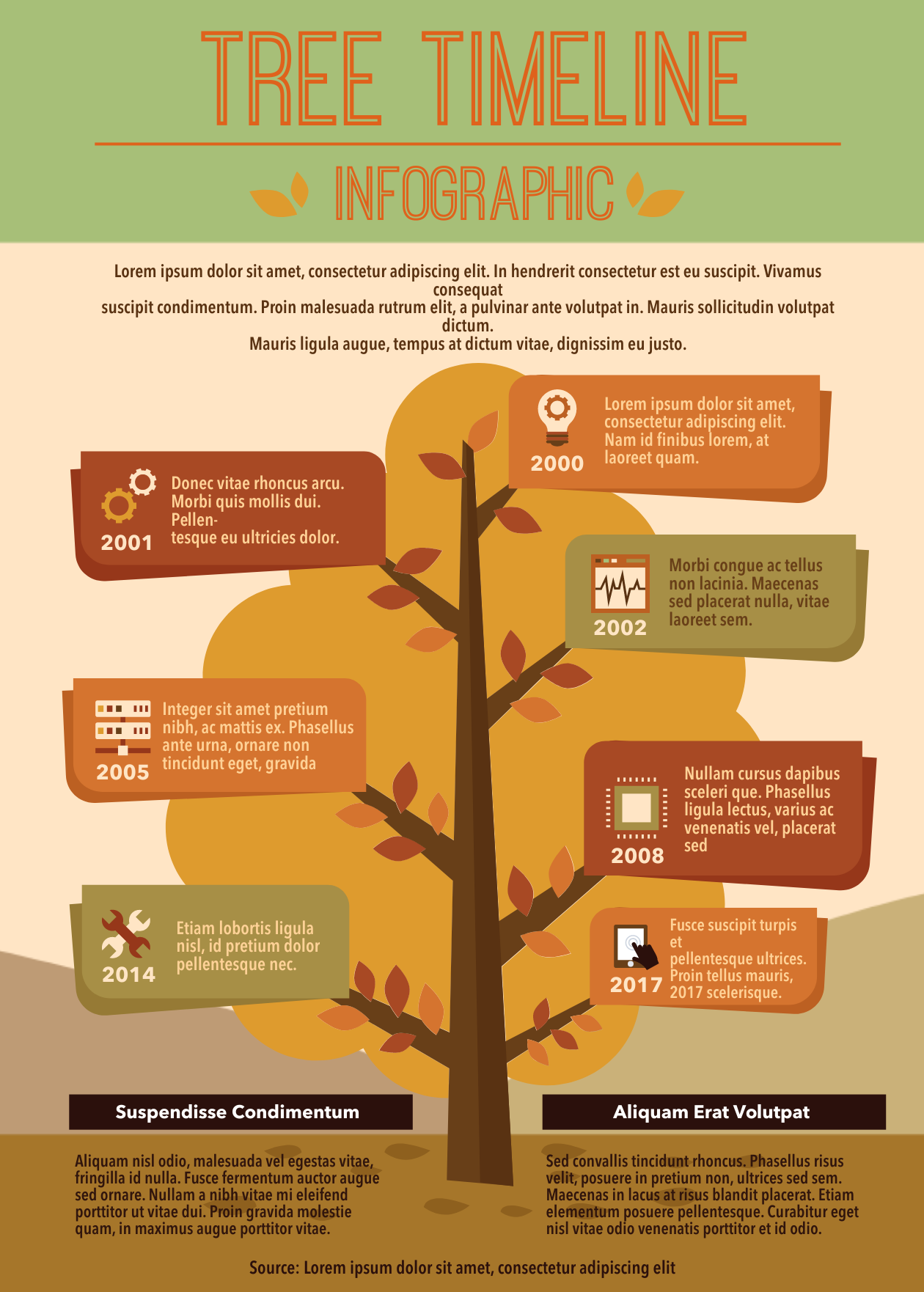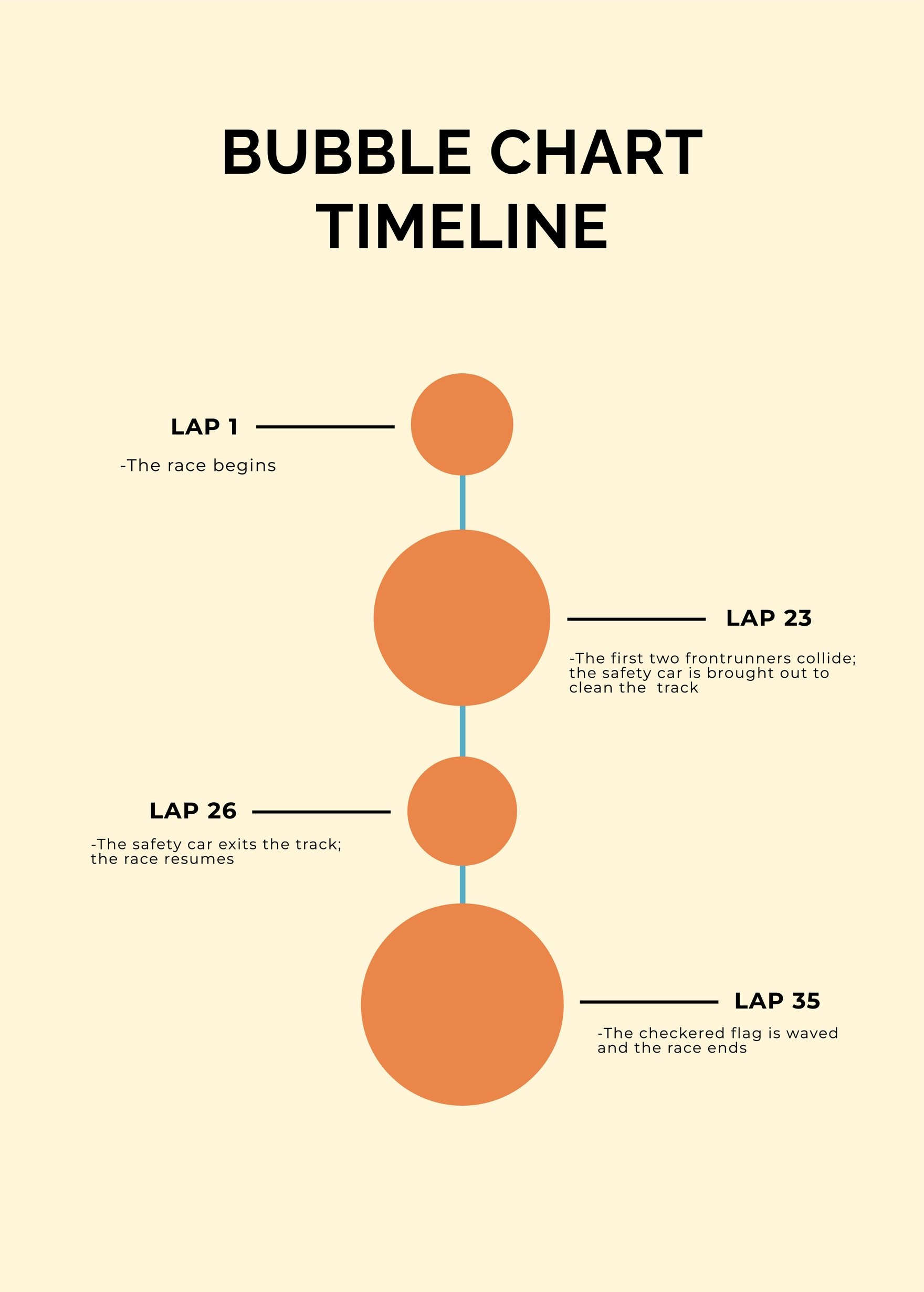- were——be的过去时复数和第二人称单数形式;有时代替 was,用于条件从句、动词 wish 之后等。 be动词,意思和用法很多,一般的意思是:是,此种用法,有多种变化形 … Is it it was my thoughts that began to drive me slightly mad. or it were my thoughts that … What is the difference between were and have been, and are these sentences gramatically correct? Were -ing (past continuous of be) is used to situations which were happening at a special time in the past and none hypothetical, it is more direct, not imaginative. And as if it was is widely used, especially informally. · im writing a book and i dont know how to write the first sentence. 因为if从句表示不可实现的条件或根本不可能存在的条件,也就是一种虚拟的条件或假设,所以从句多用 一般过去时 或过去完成时。 如: if i were you,i would invite him to the party. But is the simple present … Was、were的用法和与is、am、are的区别区别如下:1、were是are的过去式,表示复数。2、was是is,am的过去式,表示单数。例句:there were many trees on the playground. 以前的 … 所以传到现代英语中,i am和he/she/it is的虚拟式的标准用法就应该是 if i/he/she/it were,而不是was。 由上面两表也可以看出,古英语中的虚拟式(虚拟语气)是非常规范、常用的,每个动 … 1) some of the best known writers of detective fiction in the twentieth century were … Is there any rules for i was/were? · from others conversation,i found out they mentioned i was and sometimes they also mentioned i were. · i learned from many sources that as if it were is accepted by all native english speakers.
When Were Middens Common? A Surprising Timeline
2. were——be的过去时复数和第二人称单数形式;有时代替 was,用于条件从句、动词 wish 之后等。 be动词,意思和用法很多,一般的意思是:是,此种用法,有多种变化形 … Is it it was my thoughts that began to drive me slightly mad. or it were my thoughts...









